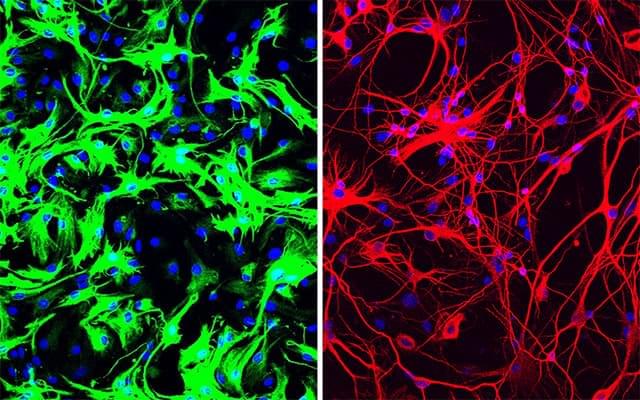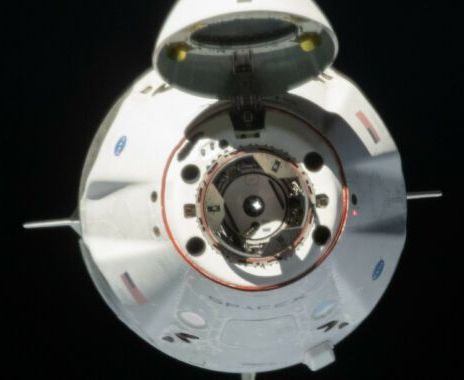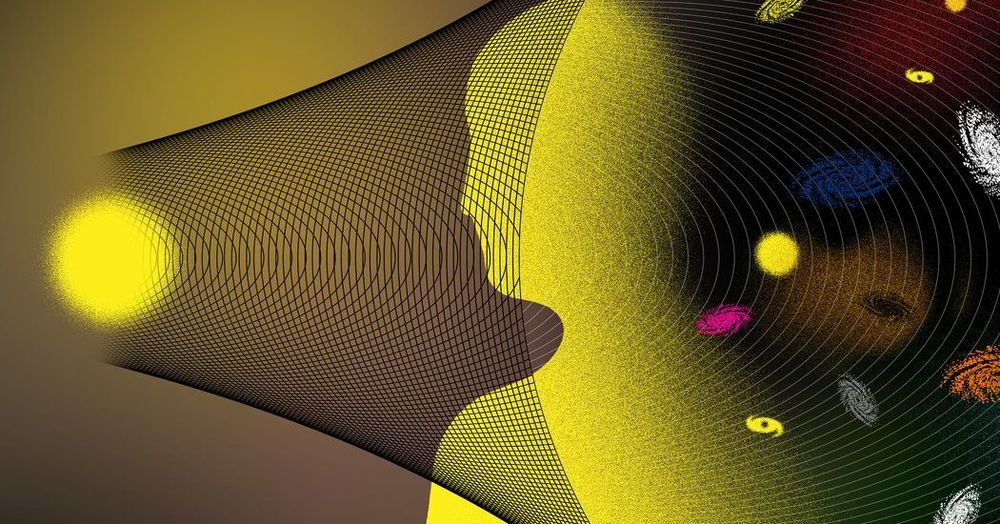100% airtight, it ensures any air you breathe is passed through its 2 patent-pending dual-way filters.
Get the latest international news and world events from around the world.
Experiment confirms 50-year-old theory describing how an alien civilization could exploit a black hole
Aliens & Black Holes
Penrose predicted that the object would acquire a negative energy in this unusual area of space. By dropping the object and splitting it in two so that one half falls into the black hole while the other is recovered, the recoil action would measure a loss of negative energy—effectively, the recovered half would gain energy extracted from the black hole’s rotation. The scale of the engineering challenge the process would require is so great, however, that Penrose suggested only a very advanced, perhaps alien, civilisation would be equal to the task.
A 50-year-old theory that began as speculation about how an alien civilization could use a black hole to generate energy has been experimentally verified for the first time in a Glasgow research lab.
Boom! SpaceX pops huge Starship SN7 test tank on purpose in pressure test (videos)
SpaceX pushed a massive tank for its latest Starship prototype beyond its limits Tuesday (June 23) in an intentionally explosive test in South Texas.
The Starship SN7 prototype tank ruptured during a pressure test at SpaceX’s Boca Chica proving grounds, the second in just over a week for the spacecraft component. But where a June 15 test resulted in a leak, Tuesday’s test was a bit more dramatic.
Quantum recurrence: Everything goes back to the way it was
It is one of the most astonishing results of physics: when a complex system is left alone, it will return to its initial state with almost perfect precision. Gas particles, for example, chaotically swirling around in a container, will return almost exactly to their starting positions after some time. This “Poincaré Recurrence Theorem” is the foundation of modern chaos theory. For decades, scientists have investigated how this theorem can be applied to the world of quantum physics. Now, researchers at TU Wien (Vienna) have successfully demonstrated a kind of “Poincaré recurrence” in a multi-particle quantum system. The results have been published in the journal Science.
An Old Question, Revisited
At the end of the 19th century, the French scientist Henri Poincaré studied systems which cannot be fully analysed with perfect precision — for example solar systems consisting of many planets and asteroids, or gas particles, which keep bumping into each other. His surprising result: every state which is physically possible will be occupied by the system at some point — at least to a very good degree of approximation. If we just wait long enough, at some point all planets will form a straight line, just by coincidence. The gas particles in a box will create interesting patterns, or go back to the state in which they were when the experiment started.

One-Time Treatment Generates New Neurons, Eliminates Parkinson’s Disease in Mice
Xiang-Dong Fu, PhD, has never been more excited about something in his entire career. He has long studied the basic biology of RNA, a genetic cousin of DNA, and the proteins that bind it. But a single discovery has launched Fu into a completely new field: neuroscience.
For decades, Fu and his team at University of California San Diego School of Medicine studied a protein called PTB, which is well known for binding RNA and influencing which genes are turned “on” or “off” in a cell. To study the role of a protein like PTB, scientists often manipulate cells to reduce the amount of that protein, and then watch to see what happens.
But then he noticed something odd after a couple of weeks — there were very few fibroblasts left. Almost the whole dish was instead filled with neurons.
In this serendipitous way, the team discovered that inhibiting or deleting just a single gene, the gene that encodes PTB, transforms several types of mouse cells directly into neurons.
More recently, Fu and Hao Qian, PhD, another postdoctoral researcher in his lab, took the finding a big step forward, applying it in what could one day be a new therapeutic approach for Parkinson’s disease and other neurodegenerative diseases. Just a single treatment to inhibit PTB in mice converted native astrocytes, star-shaped support cells of the brain, into neurons that produce the neurotransmitter dopamine. As a result, the mice’s Parkinson’s disease symptoms disappeared.



Do You Have What It Takes to Be an Astronaut?
As of December 4, 2019, 565 people from 41 countries have gone into space. That’s it. 565 out of more than 7 billion of us currently on this planet. And that’s using the definition of space travel to include any flight over 62 miles or about 100 kilometers.
Many of these space travelers are, of course, NASA astronauts. That means they went through a rigorous application and training process. So, what exactly does it take to be an astronaut?
To be considered for the NASA astronaut program is you must be a U.S. citizen. Dual citizenship is okay.

An analysis of the system-wide costs and benefits of using engineered nanomaterials on crop-based agriculture
A team of researchers affiliated with several institutions in the U.S. has conducted an analysis of the system-wide costs and benefits of using engineered nanomaterials (ENMs) on crop-based agriculture. In their paper published in the journal Nature Nanotechnology, the group describes their analysis and what they found.
As scientists have come to realize that vast improvements in agricultural practices are needed if future generations are going to be able to grow enough food to feed the expected rise in population. They have increasingly turned to technology-based solutions, rather than just looking for biological advances. One such approach involves the design and use of ENMs on crops as a means of improving pest control and fertilizer efficiency. Prior research has shown that some ENMs can be mixed into the soil as a form of pest control or as a means of diverting fertilizer directly to the roots, reducing the amount required. In a similar vein, some prior research has shown that ENMs can be applied to parts of the plant above-ground as a means of pest control. What has been less well studied, the researchers note, is the overall impact of ENMs on crops and the environment.
Tecton brings DevOps to machine learning
A startup recently emerging from stealth is aiming to automate much of the process for feature development with the goal of making data scientists more self-reliant.